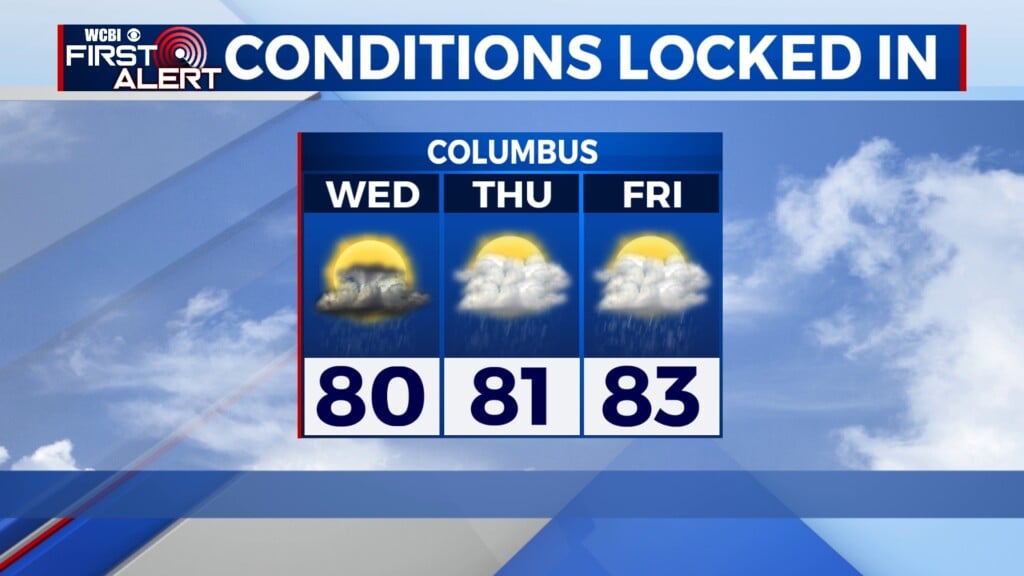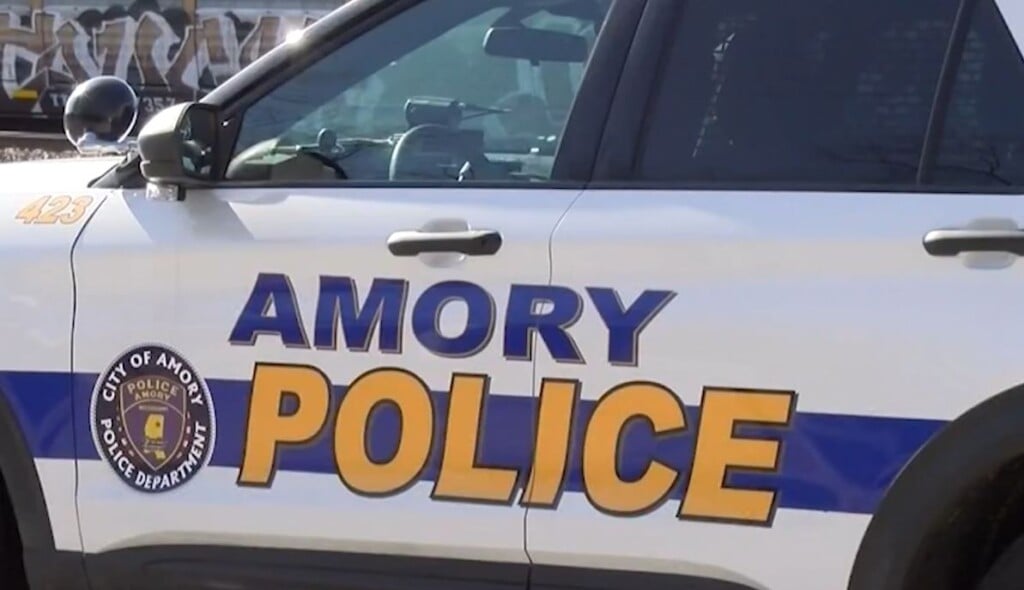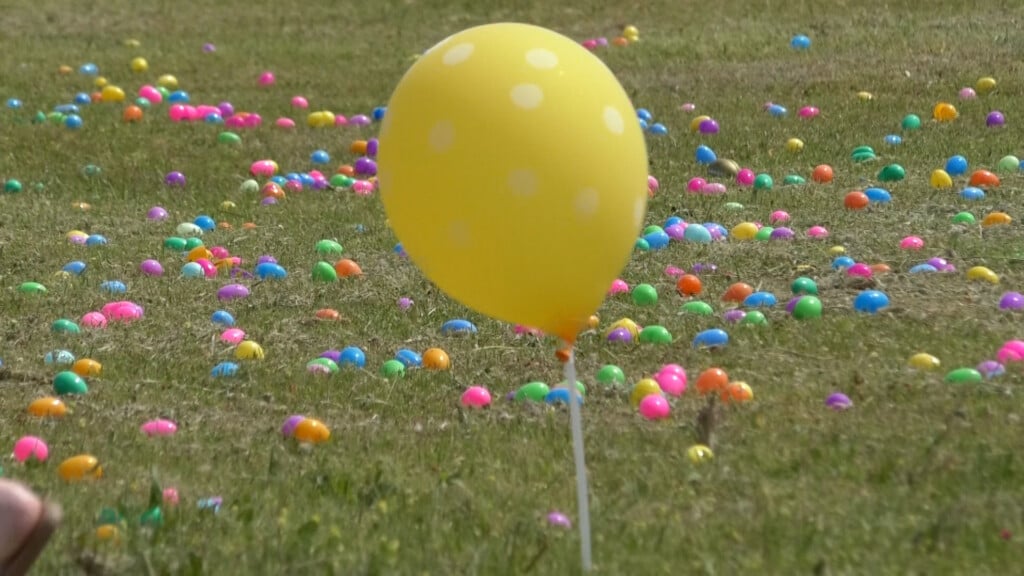Libraries in Starkville and Columbus taking part in Mississippi’s Anti-Racism Reading Shelf program
COLUMBUS, Miss. (WCBI) – The Columbus and Starkville public libraries are among the more than 150 across the state participating in the “Anti-Racism Reading Shelf” grant program.
The Mississippi Humanities Council created the program in the midst of the nationwide movement for racial equality after the killing of George Floyd. Its goal is to make sure readers have access to publications about combating racism and white supremacy in the United States.
“What is different in Mississippi is that we have been the banner bearer for these issues,” says Phillip Carter, director for the Starkville Oktibbeha County Public Library System. “And so it’s more imperative for us than any other state to be the banner bearer for recognizing and changing some of those behaviors.”
That is one of the many reasons Carter says they participated in the grant program, which gave the library $1000.
“Wrapped up in that image of self is that image of place and where you’re from,” Carter says. “And people are very uncomfortable recognizing the flaws in their self and where they’re from.”
Each library was given between $750 and $1500 to put together a reading list from more than 120 suggested books. Library directors in Starkville and Columbus had already started collecting books on racial injustice before they heard about the grant program.
“The content was very relevant to what was going on in the world and what’s still going on in the world,” says Erin Busbea, library director for the Columbus Lowndes Public Library. “Dealing with racial relations and issues that we see in our community in our area.”
Busbea says they had already added close to $1500 worth of publications before getting the $750 grant through the Mississippi Library Commission.
“We wanted to make sure that we included books for all ages,” she says. “So we actually have a board book that’s for little toddlers that parents can read to their children.”
Both Busbea and Carter say that while these books contain some hard truths, they can help provide proper perspective on the issue of race in both Mississippi and the U.S.
“It might push people to think outside of their little box, question things and also make you a little bit uncomfortable,” Busbea says.
Both libraries say they want to continue to build their collections and hope that they can be the starting point for people to have difficult conversations about the history of racism and racial inequality throughout Mississippi.
“I think it’s imperative that we recognize those flaws and recognize those challenges and admit them and talk about them and move forward in a positive manner,” Carter says.




